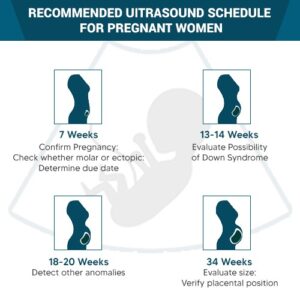FAQ

Have Any Questions?
FAQ's
What is infertility?
Infertility is when you have trouble getting pregnant or staying pregnant.
When couple should seek for treatment to get pregnant?
A good rule of thumb established by the American Society for Reproductive Medicine is that couples under the age of 35 who have failed to conceive after 12 months of regular, unprotected sex should seek assistance from a fertility specialist
What are main factors affecting fertility in females?
1. Problems with ovulation like pcod, ovarian insufficiency
2. Tubal blockage
3. Uterine and cervical causes like fibroids, polyps
4. Endometriosis
5. Unexplained infertility
What are main factors affecting fertility in males ?
1. Low sperm count
2. Azoospermia
3. Erectile dysfunctions
What is IUI ?
Artificial insemination is the deliberate introduction of sperm into a female’s cervix or uterine cavity for the purpose of achieving a pregnancy.
What are basic investigations for infertility couple?
1.Routine work up – CBC, Blood group, HIV
2. Hormonal study- TSH, Day2 FSH,LH, testosterone
3. Ovulation induction study
4. Semen analysis
5. Hystersosalpingogram (HSG) to evaluate tubal latency
6. If needed – Hysterolaproscoly
When is hystero-laproscopy indicated in infertility?
Hysterolaproscopy is an effective and safe tool in comprehensive evaluation of infertility. It is very useful tool to detect and treat various structural abnormalities in multiple sites like pelvis, tubes, ovary and uterus in the same time, especially in couples with normal ovulation and sperm quality
What are routine investigations at age 40?
1. Routine check up like BP, sugars, CBC, thyroid screening, lipid profile
2. Self breast examination
3. Gynaecological check up if needed- USG
4. PAP smear
5. Bone health
What is PAP smear ? When to do PAP test ?
A Pap smear, also called a Pap test, is a screening procedure for cervical cancer. It tests for the presence of precancerous or cancerous cells on your cervix. The cervix is the opening of the uterus. During the routine procedure, cells from your cervix are gently scraped away and examined for abnormal growth.
Routine investigations in pregnancy?
Routine investigations in pregnancy
1.Blood tests- CBC, blood group, sugars, TSH
2. HIV, HbsAG, VDRL
3.Urine routine analysis
4. Ultrasonography to detect we’ll being of fetus
5. Double marker study
Ultrasonography - when to do in pregnancy?

The guidelines issued by the national health portal of the union ministry of health and family welfare recommend “four ultrasounds at least” in pregnancy.
What is OGTT test ? It’s importance.
Your blood sugar level can give important clue about your health. OGTT oral glucose tolerance test shows how your body handles sugar from food during pregnancy. It also indicates if you are at risk for gestational diabetes
